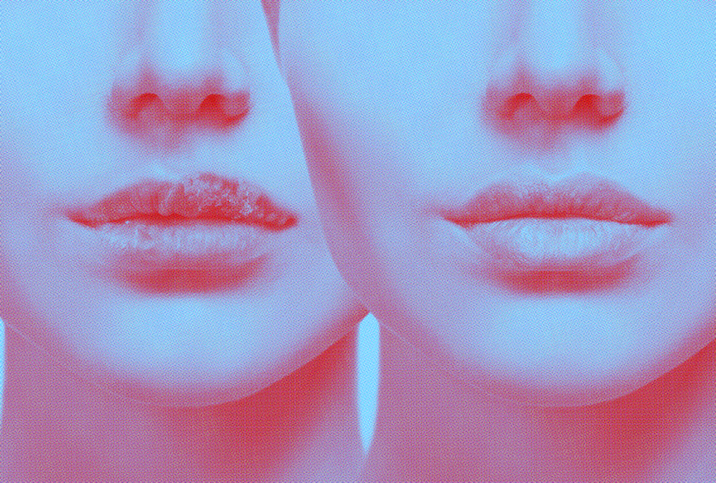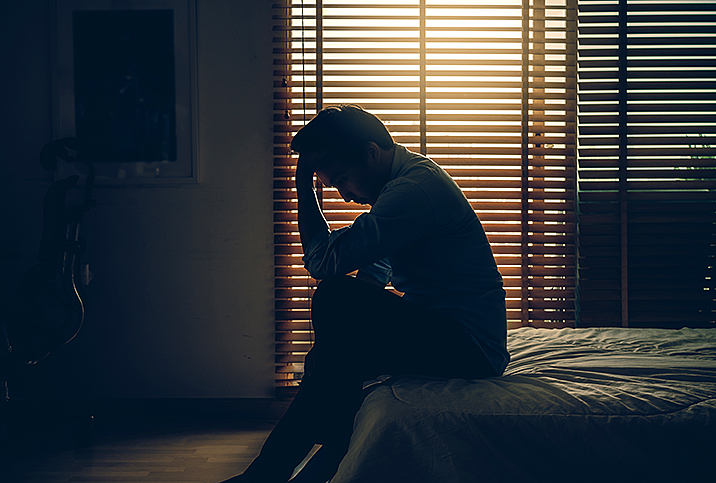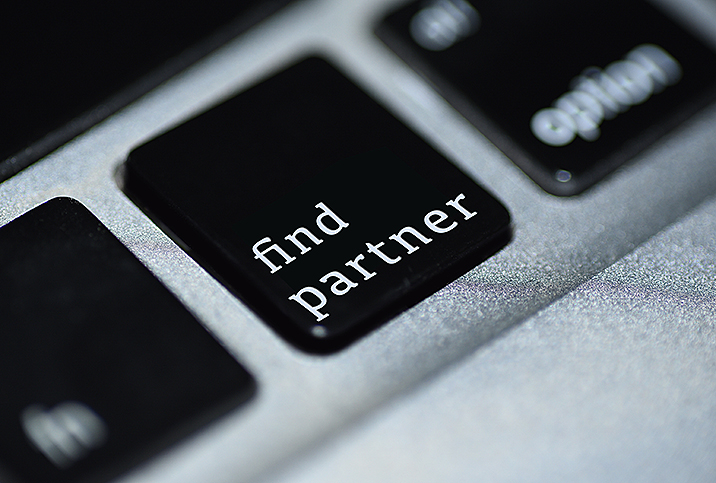Looking For Love With an STI or STD? Try a Specialty Dating App

The Centers for Disease Control and Prevention (CDC) estimates one in five people had a sexually transmitted infection (STI)—including HPV—on any given day in 2018. Additionally, there were more than 2.5 million cases of sexually transmitted diseases (STDs)—such as gonorrhea, chlamydia and syphilis—in 2019. The striking prevalence doesn't change the fact that STIs and STDs, and people who have them, are heavily stigmatized by broad society.
If you’ve ever used a dating app, you're well aware that you don't always strike gold, in part because it can be hard to see someone fully through a phone or computer. It can also be awkward disclosing important personal information, such as your health, to someone you've never met, especially when you can't predict their reaction—after all, you never know exactly how they're going to react. It could be no big deal, or they could be fearful and angry, which may jeopardize a budding relationship.
This makes traditional dating apps even more of a gamble for singles with STIs and STDs. But there is another way to go...
Change up your app
Thankfully, people with sexually transmitted infections don't have to navigate the dating world alone and are not stuck pitching themselves to people who may cast judgment on them. There are alternative dating apps, such as PositiveSingles under parent company SuccessfulMatch, which cater specifically to STI- and STD-positive folks. SuccessfulMatch was founded in 2001 and the website PositiveSingles.com was launched soon after in 2002.
"Dating is so hard for [STI and STD positive] people," said Suny Johnson, project supervisor at PositiveSingles. "Our slogan is 'Keep Positive, Find Love, Support & Hope!' To help [STI and STD positive] people, we created such a warm-hearted dating community. No awkwardness here."
'A lot of the discrimination I saw came from people who had little to no education about herpes and how common it actually was.'
PositiveSingles offers benefits to STI- and STD-positive people that traditional dating apps may not, specifically elevated privacy functions, since its users are dealing with sensitive personal health information. For example, app users can access live support and counselors specifically trained to address STI- and STD-related concerns. This can be done anonymously through a Q&A feature.
"Our Q&A feature is completely anonymous and confidential," Johnson said. "All members can ask questions about STIs and STDs there and a counselor will reply to each inquiry."
And to top it off, "PositiveSingles offers a 'Quick Exit' button that will quickly redirect users to another site to ensure their privacy," Johnson continued.
There are virtually no limits on who in the STI- and STD-positive community can use the app. PositiveSingles users can have any STI or STD and search for potential matches by category.
The role of education
PositiveSingles user Dawn has a deceptively common STD: HSV-2, or genital herpes. After receiving the diagnosis at age 29, Dawn experienced difficulty in the dating scene. Despite genital herpes affecting 1 in 6 people ages 14 to 49, many people are ill-informed about how it spreads and how it's managed.
"I've experienced discrimination in the dating community because of my diagnosis, especially at first before I knew about PositiveSingles, and I was trying to use things like Tinder, Bumble or Hinge," Dawn said. "It's also worth noting that a lot of the discrimination I saw came from people who had little to no education about herpes and how common it actually was. They thought it was all that they learned in abstinence-only sex ed classes."
Dawn manages her condition with Valtrex, the brand name of the medication valacyclovir. This medication eases herpes symptoms and when used consistently can reduce the risk of spread. However, despite taking preventive measures, Dawn still faces fear and judgment in the regular dating world. That's why she sought out spaces where people are inclusive and more informed about STDs.
"It really just made it easier to get out there and start dating again after experiencing the traumatic diagnosis that I personally received, because mine was due to abuse," Dawn said. "So, it made it easier to get out there and be able to talk to people like, 'Hey, I have this issue, but it doesn't really affect my life,' and have them affirm me and tell me their stories. It was just freeing to be able to be open about it and not have to have this big disclosure."
STIs and STDs should not be something to be ashamed about. Dating is hard and STI and STD positive status can make it even harder, but that doesn't mean it has to be the end of your love life.
Accepting, judgment-free zones do exist and you deserve community and support.


















